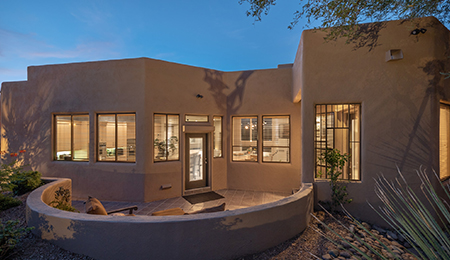Worried about what a recession could mean for your home's value or your buying power? Here's what history—and the data—actually say.
““The 2008 crash was the exception—not the rule. Most recessions didn’t hurt home prices.””
What a Recession Really Means for the Housing Market
Lately, talk of a potential recession has been dominating the news—and it’s raising a lot of questions for homeowners and buyers alike.
If you’re wondering what an economic slowdown could mean for your home’s value or your ability to buy, you’re not alone. But before you let uncertainty take over, let’s look at what the data actually shows.
📉 A Recession Doesn’t Automatically Mean Falling Home Prices
Many people still associate the word “recession” with the 2008 housing crash—but the truth is, that was an outlier, not the norm.
In fact, home prices went up in 4 of the last 6 recessions.
That steep drop in 2008 was largely due to a housing-specific crisis—too much inventory, risky lending practices, and unsustainable pricing. Today’s market is very different. While we’ve seen inventory begin to rise in some areas, overall housing supply is still well below what we’d need for a major drop in home values.
So, what does that mean for you? It means that in most cases, home prices continue to follow the trends they’re already on. And right now, nationally, prices are still climbing—just at a healthier, more balanced pace.
🏦 Mortgage Rates Usually Decline During a Recession
While home prices tend to stay steady (or even rise), mortgage rates often go down during economic slowdowns.
In fact, over the past six recessions, mortgage rates fell every single time.
Lower rates can increase your buying power, potentially saving you thousands over the life of a loan. That said, we’re probably not going back to 3% anytime soon—but even a small drop in rates can make a noticeable difference in monthly affordability.
🧭 Bottom Line: Let’s Cut Through the Headlines
Yes, a recession is a possibility—but that doesn’t mean the housing market is headed for disaster. History tells a much more balanced story—one that’s worth paying attention to.
If you’re considering buying or selling in the Tucson area and want to know how today’s economy affects your next move, let’s talk.


